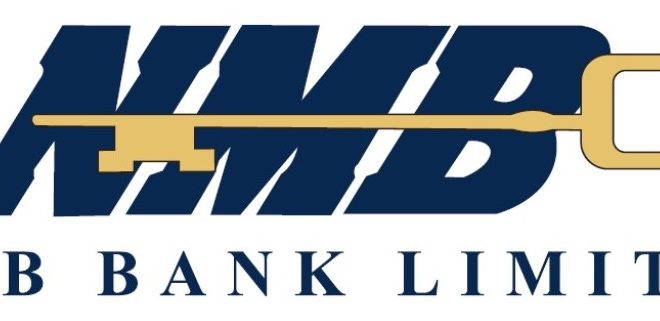Parly committee to address concerns on Budget
THE Parliamentary Portfolio Committee on Budget, Finance and Economic Development will put together a consolidated report on concerns raised by stakeholders on proposals in the 2024 National Budget Statement.
In the 2024 National Budget Statement presented a fortnight ago, Finance, Economic Development and Investment Promotion Minister Professor Mthuli Ncube proposed a number of new tax measures that he said were meant to mobilise revenue to support key Government programmes at a time when the Government has limited fiscal revenue.
On the back of illegal Western sanctions imposed on Zimbabwe over two decades, the country has been restrained from external concessionary borrowing from the international community.
Zimbabwe’s economy has over the years degenerated and the Second Republic has been on a relentless engagement and re-engagement drive to improve relations with the global village.
However, stakeholders have raised concerns over the taxation measures proposed in the 2024 fiscal policy statement.
In an interview at the end of the Post budget breakfast meeting organised by the Chamber of Mines of Zimbabwe in Harare last week, Secretary for Finance Mr George Guvamatanga said the 2024 national budget like any other fiscal policy statement, was subject to further debate, review and refinement.
It is against this background that the Portfolio Committee on Budget, Finance and Economic Development chaired by Zaka South legislator Clemence Chiduwa on Tuesday held a meeting on the 2024 national budget with various stakeholders.
The stakeholders included Government ministries, parastatals under the purview of the Ministry of Finance, Economic Development and Investment Promotion such as the Zimbabwe Revenue Authority (Zimra) as well as the Zimbabwe National Chamber of Commerce, the Confederation of Zimbabwe Industries and the Consumer Council of Zimbabwe, among others.
In an interview with Herald Finance and Business Mr Chiduwa said: “The next step now is for us to come up with a consolidated report and that report will be adopted by the committee and after that hopefully next week Tuesday, Parliament will sit and this is where the Parliamentary Portfolio Committee will then present it to the minister (Prof Ncube).”
At their meeting with stakeholders, he said, in terms of the revenue measures, it was raised that if the tollgate fees are to be increased, the exercise should be done in a phased approach.
“For example, in the first five months of next year toll fees could be increased by US$1 and after that increase, gradually by another US$1 something like that,” said Chiduwa.
Toll fees are currently pegged between US$2 and US$10 depending on the type of vehicle.
In the 2024 National Budget, Prof Ncube proposed an upward review of toll fees on premium roads –Harare-Beitbridge and Plumtree-Mutare, and other roads.
Light motor vehicles that are presently paying US$2 or the equivalent in local currency across the board will be charged US$5 or the equivalent in Zimbabwe dollars on proposed premium roads and US$4 on other roads while mini buses currently paying US$3 will pay US$8 and US$6, respectively.
The Treasury boss also proposed to introduce a levy of US$0,02 per gramme on sugar contained in soft drinks (excluding water) with effect from January 1, 2024.
“On the sugar tax, it’s on the higher side, it will make our products to be uncompetitive and there is a high chance that we will get some of these beverages from our neighbouring countries through the grey market,” he said.
“There is also the issue of charging of Value Added Tax (VAT) on basic commodities, again what is coming out is why should we charge VAT on basic commodities given the impending drought.
“Again the submission we are getting is that there is a need for us to re-look on the VAT issue so that anything that is a basic commodity should not be vatable,” he said.
In the next year’s fiscal policy statement, Prof Ncube proposed to unveil a 1 percent wealth tax on houses and flats worth US$100 000 or more as one of the measures to enhance revenue to the fiscus.
“Stakeholders at the meeting have hinted that the issue of property tax is a noble idea, but it should be net of income and not just on the gross.”
Mr Chiduwa said the Ministry of Finance has indicated that the allocation it received from the Treasury is inadequate to meet its operational activities.
“In terms of appropriation, the Ministry of Finance themselves said the allocation from the Treasury is not enough.
“They submitted a bid of around $6 trillion and they got an allocation of $1,1 trillion and they are saying in February they are supposed to host the Uneca Conference as well as produce economic development statistics and all these require a budget that is enough as the submitted.-herald










